Medical Tourism in Costa Rica: What to Know Before Travel
.png)
Costa Rica has become a top destination for medical tourism, offering high-quality healthcare at a fraction of U.S., Canadian, or European costs. Known for its “Pura Vida” lifestyle, stunning landscapes, and friendly people, the country attracts patients for everything from dental work and cosmetic surgery to complex orthopedic procedures. A successful trip requires careful planning, including understanding real costs, quality of care, and the steps for a safe and smooth experience.
This guide shares key insights to help you navigate your medical journey in Costa Rica with confidence.
How much can I save on medical procedures in Costa Rica?
The primary reason for the boom in medical tourism costs in Costa Rica is the significant savings. Lower living and operational costs in Costa Rica make medical procedures far more affordable than in the U.S. For instance, a dental implant may cost $900 instead of $4,000, and a knee replacement can be tens of thousands cheaper.
To give you a clearer picture, here is a comparison of average costs for common procedures. These are estimates and can vary based on the clinic, the surgeon's experience, and the specifics of your case.
| Procedure | Average U.S. Cost (USD) | Average Costa Rica Cost (USD) | Estimated Savings |
|---|---|---|---|
| Dental Implant (per tooth) | $3,000 - $5,000 | $900 - $1,500 | 60% - 70% |
| Porcelain Veneers (per tooth) | $1,200 - $2,500 | $400 - $800 | 60% - 70% |
| Breast Augmentation | $7,000 - $10,000 | $3,500 - $5,500 | 50% - 60% |
| Knee Replacement | $30,000 - $50,000 | $8,000 - $12,000 | 70% - 75% |
| Facelift | $8,000 - $12,000 | $4,000 - $7,000 | 50% - 60% |
Even after factoring in travel, accommodation, and food, many patients find that their total expenses are still far less than what they would have paid at home. This affordability makes advanced healthcare accessible to a wider range of people, without compromising on quality.
Is the quality of medical care in Costa Rica reliable?
High-Quality Care in Costa Rica:
- Low costs do not mean lower quality; private healthcare is modern and well-equipped.
- Many hospitals and clinics have international accreditation (JCI, AAAASF).
- Doctors often train abroad in the U.S., Canada, or Europe and are fluent in English.
- Leading surgeons stay current through international medical associations.
- Focused on patient-centered care, ensuring safe and reliable medical procedures.
What are the most popular procedures for medical tourists in Costa Rica?
Costa Rica excels in dental care, cosmetic surgery, and orthopedics. Patients save significantly on procedures like implants, veneers, facelifts, breast augmentation, and joint replacements, often combining treatment with a vacation.
Other popular procedures include:
- Ophthalmology: LASIK eye surgery and cataract removal.
- Bariatric Surgery: Gastric sleeve and bypass procedures.
- Wellness and Preventive Care: Full health check-ups and detox programs.
The breadth of available treatments means you are likely to find a specialist for your specific needs, all within a country known for its healing environment.
How long do I need to stay in Costa Rica for medical tourism?
One of the most important things to consider is the length of your stay. You cannot simply get a major surgery and fly home the next day. The recovery time is crucial, and most clinics require patients to remain in the country for a certain period to monitor their progress and attend follow-up appointments. Here is a general guideline:
- Dental Procedures: For simple work like teeth whitening or fillings, a stay of 1-3 days is enough. For more extensive work like crowns or veneers, a week is often recommended. Dental implants typically require two trips: an initial trip for the implant placement (3-7 days) and a second trip a few months later for the final crown (another 3-7 days).
- Cosmetic Surgery: Procedures like breast augmentation or facelifts generally require a stay of 1-2 weeks for initial recovery and post-op check-ups.
- Orthopedic or Complex Surgery: A stay of 2-3 weeks or more may be necessary. You will need time to rest, and in some cases, begin physical therapy before it is safe to travel.
Many clinics offer "recovery lodges" or work with nearby hotels that cater specifically to medical tourists, providing a comfortable and supportive environment for your healing process. Make sure to discuss the required recovery time with your doctor and factor this into your travel plans.
What are the visa and travel requirements for medical tourists in Costa Rica?
For most medical tourists from North America and Europe, the travel requirements for Costa Rica are straightforward. You generally do not need a visa if your stay is 90 days or less. However, there are some essential documents you must have ready:
- Passport: Your passport must be valid for the duration of your stay. It's a good practice to ensure it is valid for at least six months beyond your travel dates.
- Proof of Onward Travel: Immigration officials may ask for a return ticket or proof of onward travel to another country. Without this, you may be denied entry.
- Visa: If you are traveling from a country that requires a visa, you will need to apply for a tourist visa through the Costa Rican consulate in your country. It's important to do this well in advance of your trip.
No special visa is needed—your standard tourist visa suffices. Bring medical records, appointment confirmations, and consider enrolling in your embassy’s traveler program for safety.
How do I choose a trustworthy medical tourism provider in Costa Rica?
This is arguably the most critical step of your entire medical tourism journey. A little research goes a long way in ensuring your safety and satisfaction. Start by searching for clinics and hospitals in major cities like San José, which have the highest concentration of modern medical facilities. Here are some key factors to consider:
- Accreditation: Look for clinics that have international accreditations (JCI, AAAASF, or others). These certifications are a strong sign of quality and adherence to strict safety standards.
- Doctor Credentials: Inquire about the surgeon's or dentist's qualifications and experience. Where did they train? How many years have they been practicing? How many procedures like yours have they performed?
- Patient Reviews: Check for reviews and testimonials from other international patients. Websites and forums dedicated to medical tourism can be a good source of unbiased feedback.
- Communication: A reputable clinic will be easy to communicate with. They should have a dedicated international patient coordinator who speaks fluent English and is willing to answer all your questions thoroughly, before you commit to the trip.
- Cost Transparency: The clinic should provide a detailed, written cost estimate that includes all fees, such as surgeon fees, anesthesia, hospital stay, and post-op care. Avoid providers that are not upfront about all costs.
Do not be afraid to ask for a virtual consultation. Many clinics offer this for free and it is an excellent way to get a feel for the clinic and its staff. This is your health, and you have every right to feel confident in your choice.
For a seamless and stress-free medical tourism experience, explore the comprehensive solutions offered by PlacidWay. PlacidWay can connect you with top-rated, internationally accredited clinics and hospitals in Costa Rica, ensuring you receive high-quality care at an affordable price, with all the support you need to plan a successful trip.


.png)


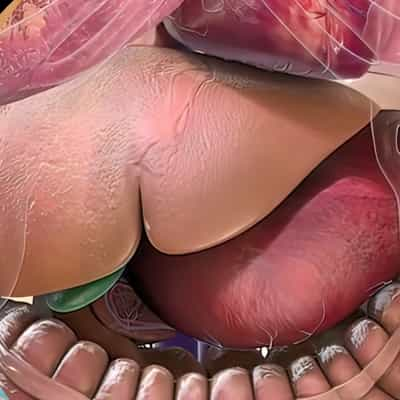
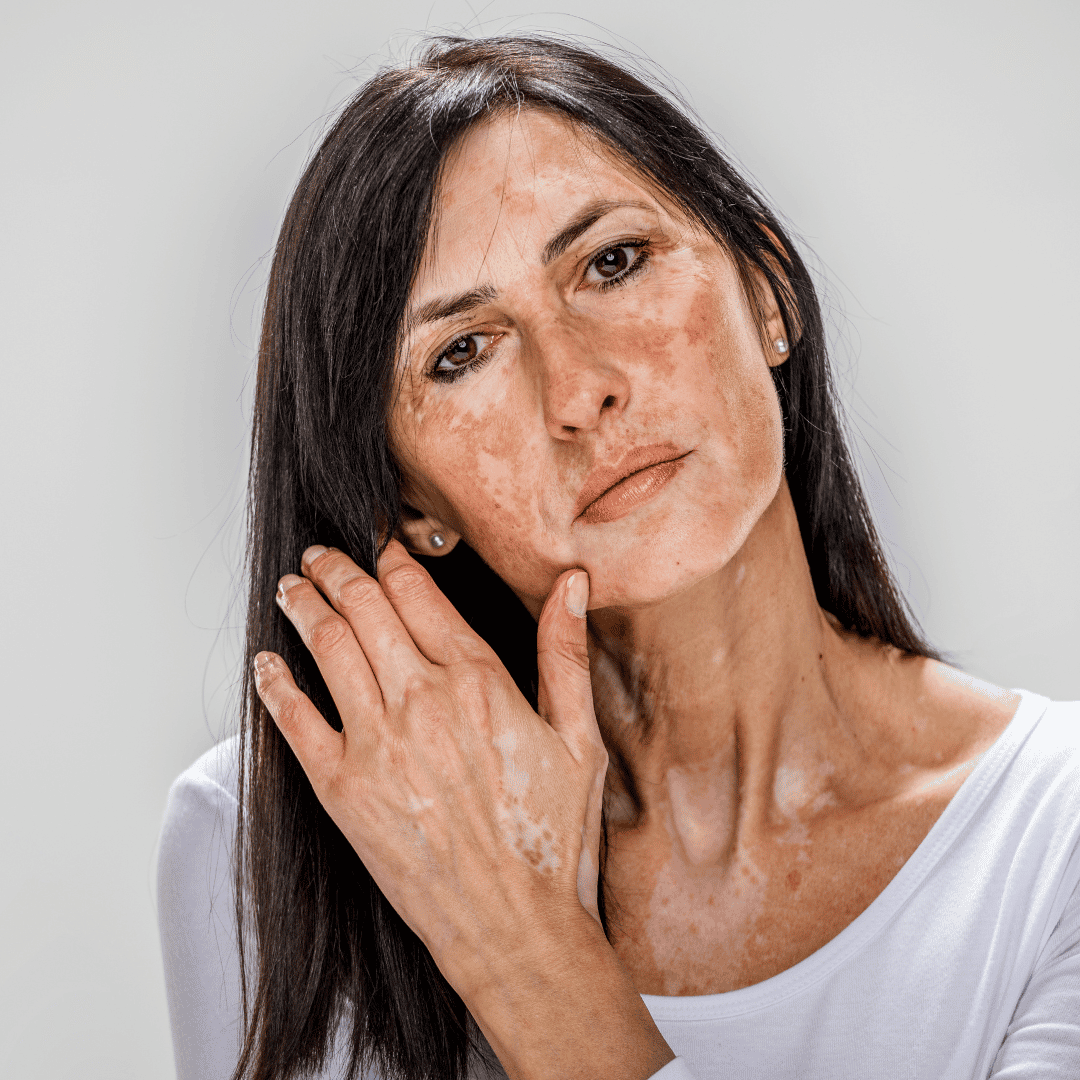


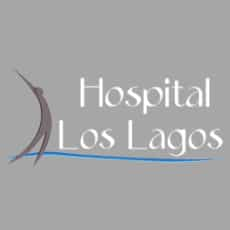

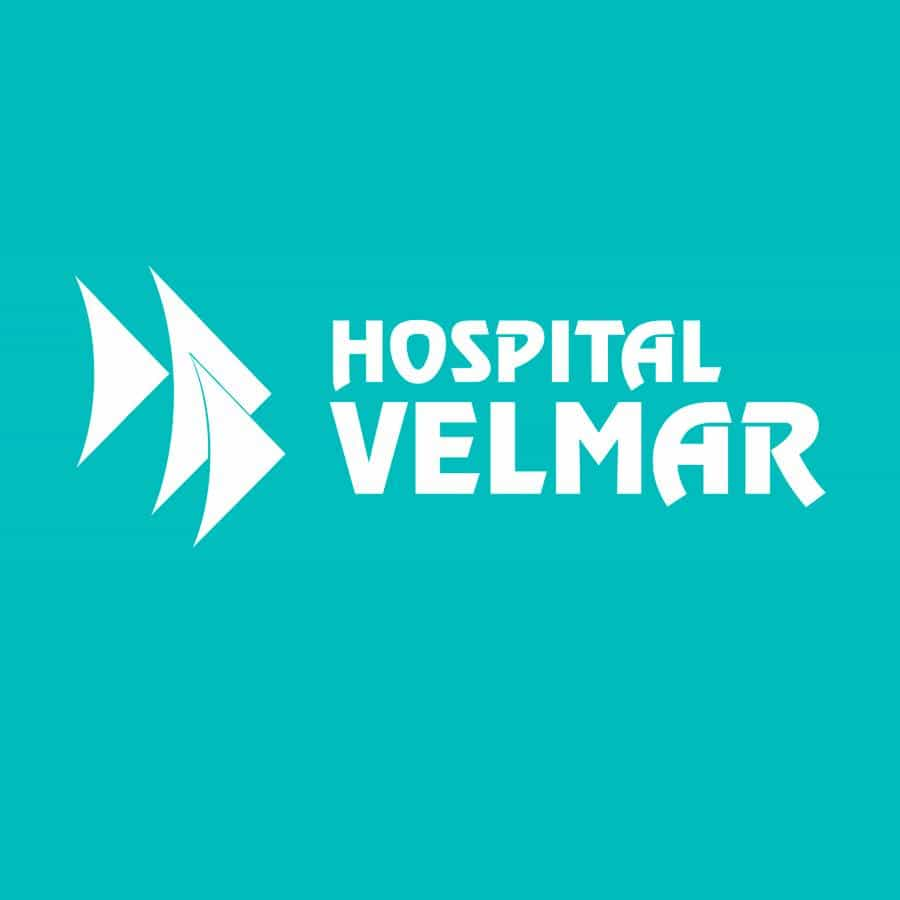
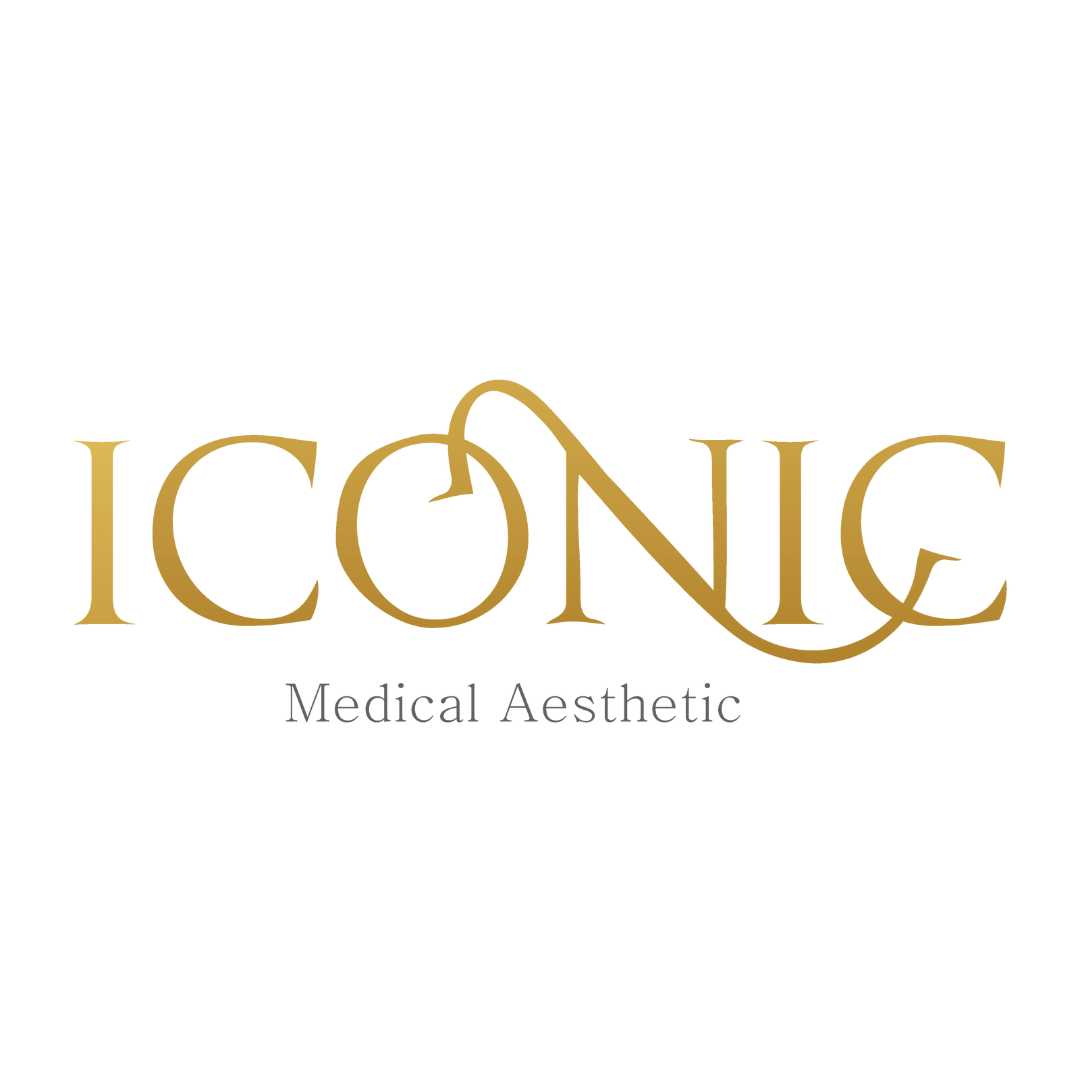

Share this listing